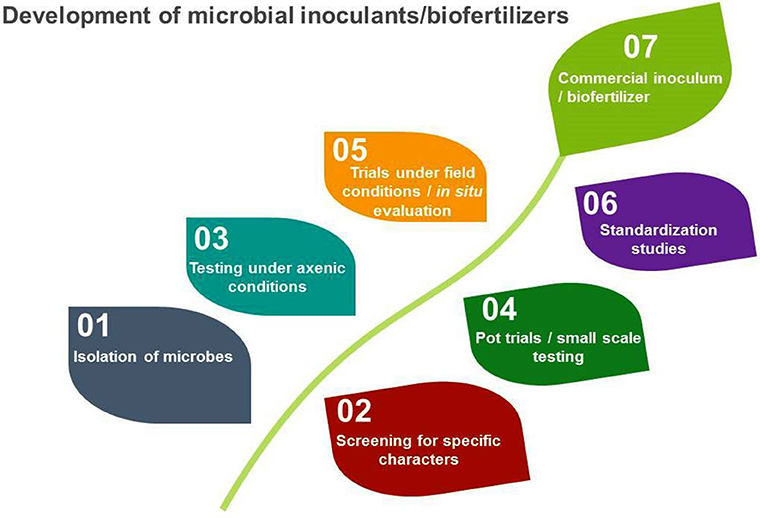
The Importance Of Microbiology In Waste Management. Advertentie Waste management strategies - solutions for the whole waste lifecycle. Decomposition of organic matter in the process of. Both useful and noxious microbial processes have been underestimated in applied research in the field of waste management which until now has dealt mainly with artificial technologies. Importance of Microbiology in Agriculture.

It can also be a source for waterborne diseases such as cholera and abdominal conditions and discomfort. Microorganisms help in decomposing toxic compounds in agricultural soil preventing toxic accumulation in the soil. Thus it helps in increasing the fertility of the soil. The book Microbial Waste Management covers all the issues related to waste its various types sources of generation various management practices and also offers the integrated waste. Since water sources need to be protected the role of waste. Microorganisms play important roles in the maintenance of many natural and man-made phenomenon in the environment.
While there are many different microbes used in sewage treatment there are three well-known microbes that play an instrumental role in keeping sewage clean.
Importance of Environmental Microbiology It is used for oil degradation. Microorganisms help in decomposing toxic compounds in agricultural soil preventing toxic accumulation in the soil. Hence in many cases Microbiology and environmental Biotechnology go hand in hand and both are interdependent on each other. Importance of Environmental Microbiology It is used for oil degradation. Microorganisms uptake heavy metals actively bioaccumulation andor passively adsorption. As we know that petroleum oil is toxic and pollution caused by oil is a major ecological.